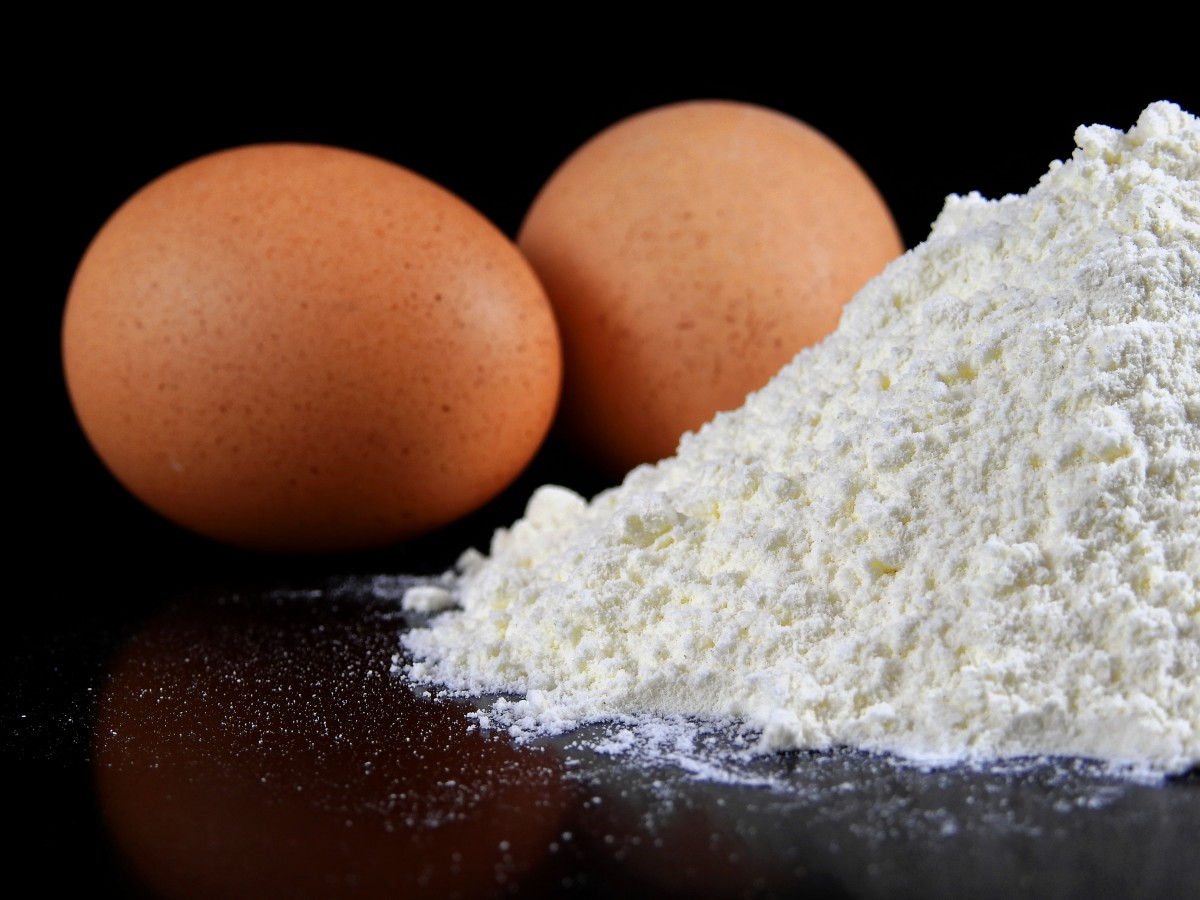The term “egg products” defines the eggs that have been taken away from their shells for processing at “breaker plants” services. To have egg product , a whole processing is needed. Before having egg products, the eggs should go through the processing of breaking eggs, filtering, mixing, stabilizing, blending, pasteurizing, cooling, freezing or drying and finally packaging.
Why use egg products?
Even if the consumption of fresh egg has on one hand declined for the last 50 years, the use of eggs on other food products has relatively increased on other hand. Because they are mainly seen as ingredients, egg products have specifically been created to meet the specific needs of the food processor.
For instance, it is to be known that the foaming assets contained in the white or yolks are significant in bakery products. In fact, the egg yolk is used as emulsifier in the salad oils and the mayonnaise. And the fact of adding eggs to meat or other foods improves their binding properties.
Egg products, in the liquid form, dried, or frozen eggs, are employed as components in many kinds of food products. Besides, specialty egg products are being sold as ease foods straight to the consumer or to food-service companies.
Are egg products safe?
Generally, egg products are safe. As they are pasteurized, the institutional foodservice operators like fast food chains, restaurants, hospitals and nursing homes choose to add egg products in the food they prepare or sell in order to ensure a standard level of food safety. This is a process that fights salmonella even if it does not cook the eggs nor affect their flavor, their color, their nutritional value nor their use.
Is there any health risk associated with raw egg products?
Normally, food businesses are responsible for the food they stock. They should then know the risk related with the handling of raw eggs or of preparing raw egg products, as far as Salmonella is concerned. Remember that salmonella is a kind of bacteria that lives in the intestines of birds and other animals.
Once salmonella gets out of the egg shell, the eggs won’t be contaminated. But if it comes in the yolk, salmonella grows quickly. This is an infection that may happen if there’s a microscopic crack in the shell. But it can also be seen during the egg cracking process.
Otherwise, egg- outbreaks related that are commonly seen in food business share the following factors:
- absence of skills and knowledge on raw or lightly cooked egg products (handling and storage);
- lack of temperature control;
- stocking raw egg products beyond their recommended storage life (maximum 24 hours) at refrigerated temperatures;
- storing many eggs together for later use, or combining raw egg products from different batches;
- lack of cleaning and sanitising ;
- cross contamination.
To make sure that the food they sell is safe for health, special attention should be taken while preparing, storing or handling the eggs and raw egg products in order to prevent the salmonella’s invasion.
What should food business do to prevent intoxication from egg product?
Food businesses should know that, even if they may try to take every precaution to exercise safe food handling and storage practices, any food that contains raw eggs may be dirtied with salmonella. They can corrupt the food safety.
As food businesses are responsible for the food they supply, they should master the risk related with the handling and sale of raw egg products. In the case where a food business handles the preparation and the sale of raw egg products, they are naturally willing to accept the intrinsic food safety risk if they have introduced risky raw egg product


